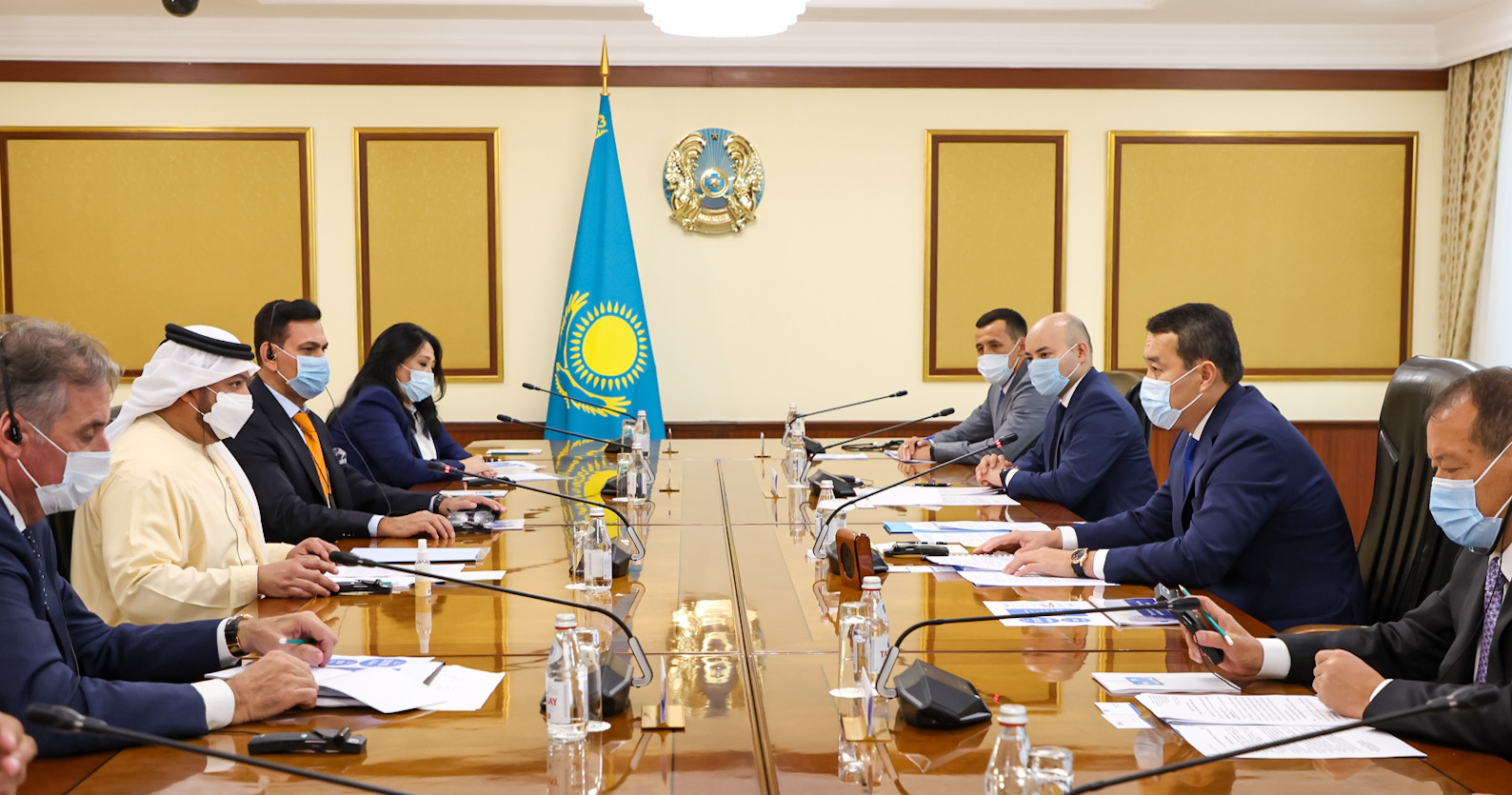During the first half of 2022, Kazakhstan attracted $ 14.5 billion of direct foreign investments, an increase of 28% compared to the same period last year
In a special meeting, the government of Kazakhstan discussed the national economic strategy to attract foreign investments, encourage international companies to relocate to Kazakhstan, reduce bureaucracy for businesses, and reduce inflation. Prime Minister Alikhan Smailov said that the government is working to realize President Kassym-Jomart Tokayev’s plan to attract $ 150 billion in foreign direct investment within the next 7 years.
According to the results of the first half of 2022, $ 14.5 billion of direct investments has already been realized, an increase of 28% from the same period in 2021. “We are creating a nationwide pool of 850 investment projects worth over $60 billion”, the Prime Minister noted. “This will create 131,000 new jobs. According to the results of the current year, 190 projects worth $ 4 billion, put into operation, creating 18,500 jobs”.
Kazakhstan’s foreign trade turnover from January to October 2022 increased by 34% and reached $ 111 billion. Exports grew by 45%, and the positive trade balance doubled, amounting to $ 31 billion. Regarding the allocation of foreign companies in Kazakhstan, the Prime Minister revealed that in addition to the 19 companies which already relocated to Kazakhstan, the relocation of others is in progress.
One of the main subjects that the government is focusing on is improving the conditions for entrepreneurial activity in Kazakhstan. In addition, the development of new budget and tax codes has begun, which will simplify the budget process and tax administration, and introduce new digital solutions. The Prime Minister announced an action plan to combat the shadow economy. Part of the action plan will be to create a national digital system for the traceability of goods and currency control.
PM Smailov stressed that Education and healthcare are at the core of this government. Since the beginning of this year, 325 kindergartens for 34,000 children have been opened in Kazakhstan. As a result, the coverage of children from 3 to 6 years old with preschool education has reached 98%. Moreover, 201 schools for 106,000 students were opened. By 2026 more than 400 educational institutions with a new format for 842,000 students will be opened. Branches of three leading foreign research universities were also opened in the country, And the opening of two additional branches is in process.
PM Smailov said that the new fiscal policy of the government will increase the assets of the National Fund to $ 100 billion, thus stabilizing the growth rate of budget expenditures. However, global economic trends also influence Kazakhstan. Despite the positive dynamics in sectors such as agriculture, information, construction, manufacturing, trade, and transport, in January-November 2022, the growth rate of the Kazakh economy was only 2.7%. The slowdown is associated with a decrease in oil and mineral production. Due to the global price increases, the inflation in Kazakhstan reached 19.6%.
“Currently, the Government is implementing a set of measures to control and reduce inflation. Measures are implemented to increase the share of domestic goods in the domestic market, develop mechanisms for storing and transporting products, and support retail trade”, Smailov said. According to the Prime Minister of Kazakhstan, the most effective and updated market mechanisms, including forward financing, will be widely used to contain inflationary processes in the off-season.
















